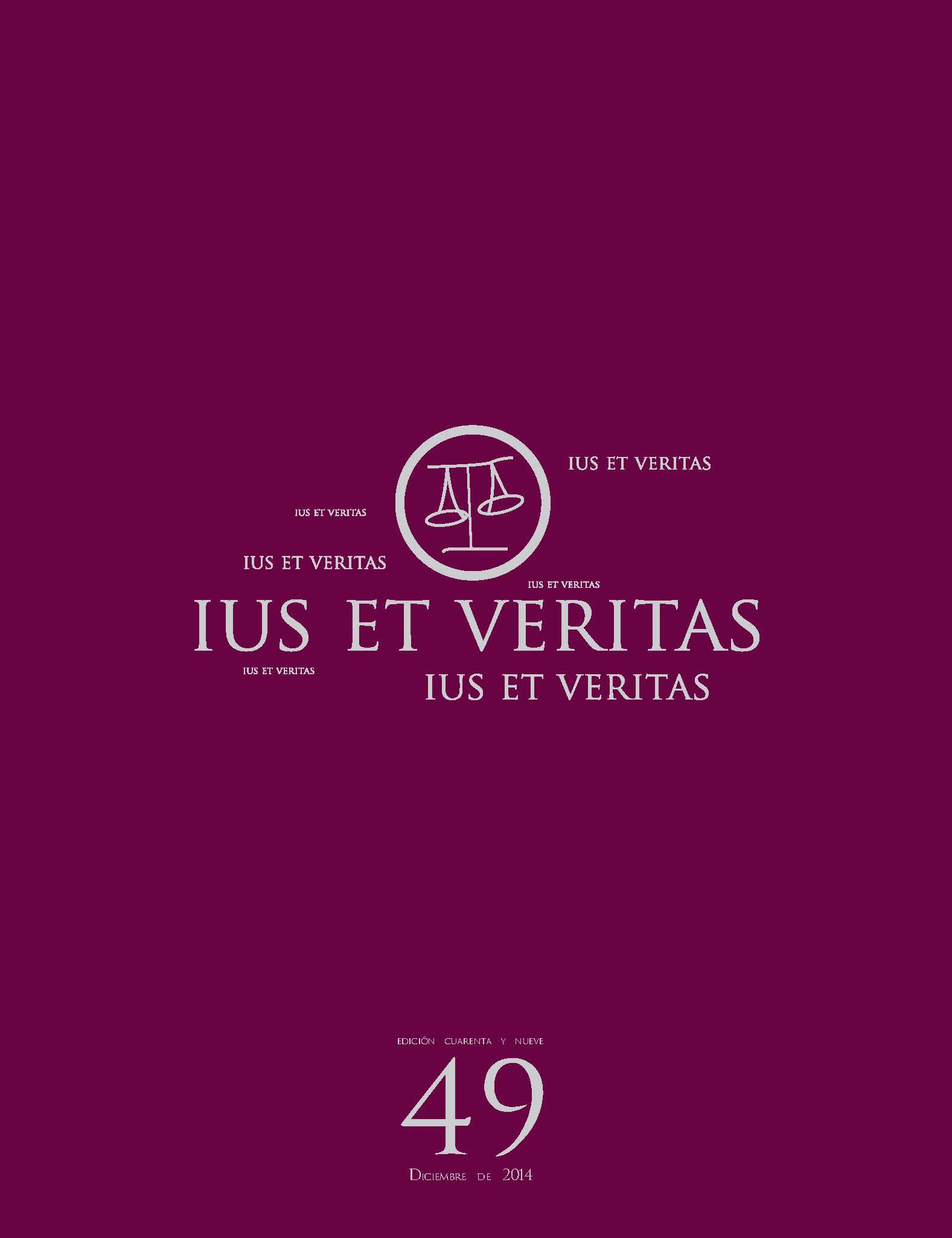Democracia y Derechos Humanos
Palabras clave:
Democracia, Estado, Derecho, Poder, Límite, SufragioResumen
Derechos Humanos y democracia son, hoy, elementos inseparables de la realidad política. sin embargo, entre ambas nociones existen diferencias de origen y de función las que, eventualmente pueden plantear tensiones y dificultades, sobre todo cuando se pretende atribuir al “principio de la mayoría” potestades ilimitadas, que incluyen la determinación y configuración, incluso peyorativa, de los derechos fundamentales. Este riesgo proviene de adoptar una concepción meramente “formal” o “procedimental” de la democracia, por lo que se hace necesario afirmar una noción “sustancial” de esta, en la cual se reconozca a los derechos fundamentales. Por un lado, como un límite al poder estatal, cualquiera que sea la fuente de legitimación de este, y, por otro lado, como ingredientes indispensables para el ejercicio libre de los derechos políticos en los quese sustenta la democracia.Descargas
Los datos de descargas todavía no están disponibles.
Descargas
Publicado
2014-12-01
Cómo citar
Blancas Bustamante, C. (2014). Democracia y Derechos Humanos. IUS ET VERITAS, 24(49), 118–128. Recuperado a partir de https://revistas.pucp.edu.pe/index.php/iusetveritas/article/view/13619
Número
Sección
Artículos
Licencia
Derechos de autor 2016 IUS ET VERITAS

Esta obra está bajo una licencia internacional Creative Commons Atribución 4.0.



.png)
.png)
